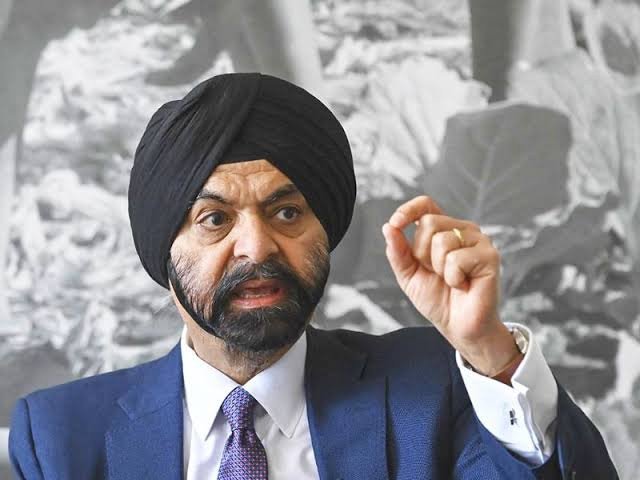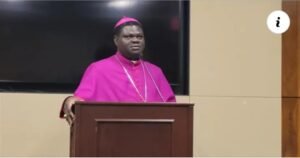World Bank chief warns of deepening poverty aAmid growing rich-poor divide

The newly appointed head of the World Bank expressed concerns about the widening gap between rich and poor nations and its potential to exacerbate poverty in the developing world.
The global economy continues to grapple with the aftermath of the COVID-19 pandemic and the repercussions of Russia’s conflict in Ukraine, which have adversely affected global fuel and commodity prices. Furthermore, climate change has disproportionately impacted the most vulnerable countries that are least equipped to deal with its consequences.
The G20 discussions were prompted by Russia’s decision on Monday to halt critical grain exports from Ukraine through the Black Sea, eliciting outrage from the United Nations. The international body warned that millions of the world’s poorest people would bear the brunt of this action.
Joachim Nagel, the chief of the German central bank, criticized Russia’s withdrawal from the Black Sea-Ukraine initiative, highlighting the incongruity of discussing assistance for vulnerable countries while such actions were taking place. Many countries at the meeting held Russia accountable for its decision.
Enoch Godongwana, the Finance Minister of South Africa, cautioned that the cessation of grain exports would likely result in increased food prices, disproportionately affecting poorer nations.
World Bank President Ajay Banga expressed his apprehension that the lack of progress in addressing the rich-poor divide was exacerbating the divisions within the global economy. He emphasized the need for unity at a time when mistrust was driving a wedge between the Global North and South. Banga, an Indian-born naturalized American citizen, who assumed his position last month after being nominated by US President Joe Biden, acknowledged that developing countries were shouldering the consequences of global prosperity. He expressed concerns that promised resources might be diverted to Ukraine’s reconstruction, that energy regulations were not uniformly enforced, and that poverty could continue to afflict future generations.
Banga stressed that developing nations, with their high percentage of young people, possess immense potential if provided with access to education and employment opportunities. Failure to tap into this potential would transform the demographic dividend into a significant challenge for these countries.
The World Bank, in its efforts to foster growth and employment, is working towards increasing its financial capabilities, including by raising hybrid capital from shareholders. However, Banga emphasized that future economic development should not come at the expense of the environment, as another period of emission-intensive growth would be unsustainable.
The United States has proposed reforms for multilateral lenders, including the World Bank and other regional institutions, with the potential to unlock $200 billion over the next decade.
Debt restructuring for low-income nations emerged as a significant focus for the G20 major economies. Banga reiterated that addressing the debt challenge was of utmost importance. China, a major lender to stressed low-income countries in Asia and Africa, has thus far resisted adopting a one-size-fits-all debt restructuring approach. This resistance may be due, in part, to the considerable investments China has made in developing nations and the potential losses it could incur as a result, according to South Africa’s Godongwana.
The G20 discussions also encompassed reforms for multilateral development banks, regulations surrounding cryptocurrencies, and easier access to financing to mitigate and adapt to the impacts of climate change. Additionally, the meeting touched upon the recent agreement reached by 138 countries regarding a fairer distribution of tax revenues from multinational corporations. This agreement, particularly relevant for technology companies, aims to prevent profit shifting to low-tax jurisdictions where these firms conduct only a small fraction of their operations.







